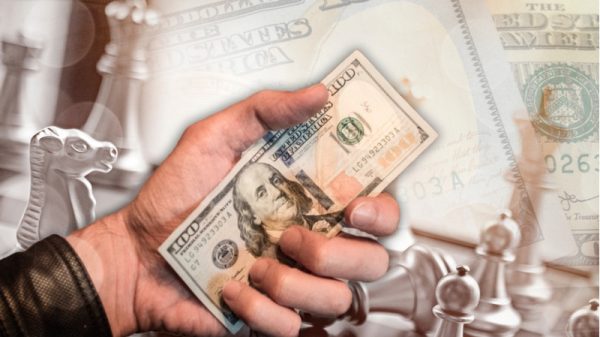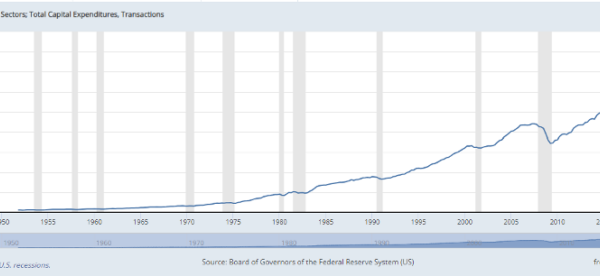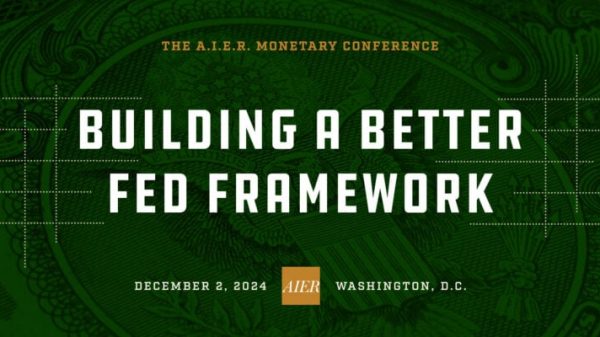In Leave Me Alone and I’ll Make You Rich: How the Bourgeois Deal Enriched the World, Deirdre McCloskey and I distinguish the Bourgeois Deal — ”leave me alone, and I’ll make you rich” — from the Blue Blood Deal of aristocratic oligarchy and the Bureaucratic Deal of the modern welfare state. The Bourgeois Deal is the ethos of Adam Smith’s Commercial Society, and the permission-requiring and command-giving Blue Blood and Aristocratic Deals are the ethos of the Political Society. A single sentence embodies each:
Bourgeois Deal, Voluntary, Commercial Society: “May I take your order?”
Blue Blood and Bureaucratic Deals, Administrative Society: “That’s an order!”
Note the assumptions here about political equality — or the lack of it. The person saying, “May I take your order?” voluntarily subordinates himself to another’s wishes. The person saying, “That’s an order!” subordinates others to his wishes. The person saying, “May I take your order?” invites others to evaluate a menu of options in light of their own knowledge and preferences. The person saying, “That’s an order!” compels others to ignore their own knowledge and preferences. The commercial society’s order-taker asks people to cooperate. The administrative society’s order-giver commands people to cooperate.
Which respects others’ humanity and dignity? Which respects their knowledge, experience, and autonomy?
Consider a chicken restaurant. “May I take your order?” contains a lot of information. It says, in effect, that a team of people who are there of their own volition — even if being there is the best of a lot of very bad options — stand ready to fry chicken obtained from one willing seller with knowledge about chicken farming and put it on a bun obtained from another willing seller with knowledge about baking. These willing sellers, in turn, went into their occupations with the conviction that raising chickens or baking buns would be the best way to provide for themselves and their families.
Political choices are different. The candidate who covets your vote offers an exchange of sorts — a “plausible belief,” to quote Thomas Sowell — in exchange for a vote. Still, it’s a plausible belief that the candidate will give orders that the voter finds congenial, and with luck, to other people. It is, in effect, an offer to make someone else do what you want them to do without you having to go to the trouble of offering them something better than their alternatives. It’s an offer to give other people “offers” they can’t refuse.
The great American statesman Daniel Webster put it this way in 1837:
“There are men, in all ages, who mean to exercise power usefully; but who mean to exercise it. They mean to govern well; but they mean to govern. They promise to be kind masters; but they mean to be masters.”
“That’s an order!” might be necessary under certain circumstances. Firms exist because of prohibitive negotiation and transaction costs. The military has a chain of command. It might be necessary to tolerate an evil like taxation to avoid the greater evils of invasion, subjugation, and domination. “Because I said so” isn’t an entirely indefensible response to a child wondering why he can’t drink the stuff in the bottles under the kitchen sink. These are exceptions to the general rules that Adam Smith, and so many after him, have thought should govern relationships between adults and equals, not general rules to which liberty is the exception.
When we’re asking about the kind of society we want to live in, it might be possible that we should want to live in a society where we recognize one another’s right to say “no, thank you” to an offer — that is to say, a world where people take orders instead of give them.






















